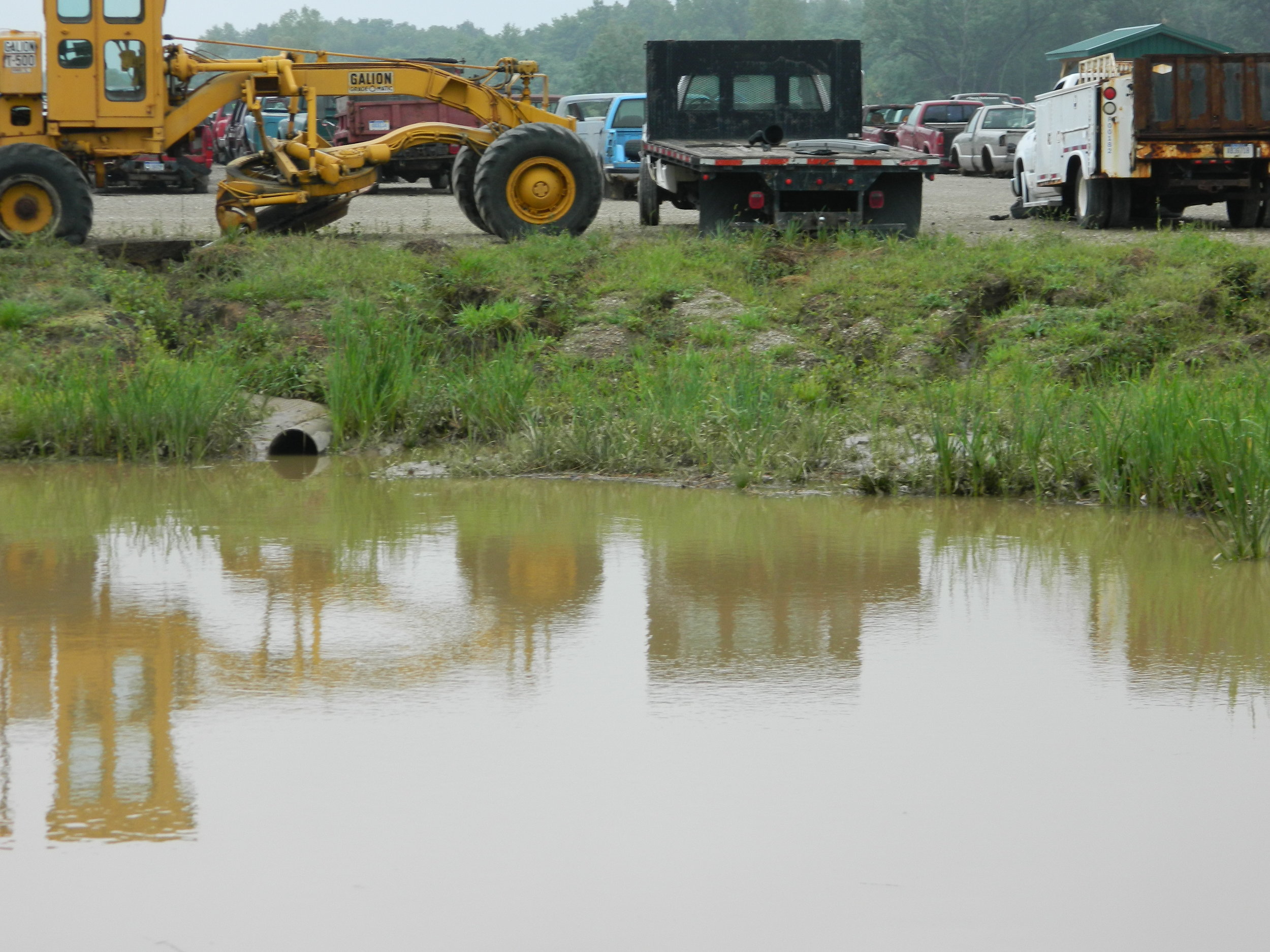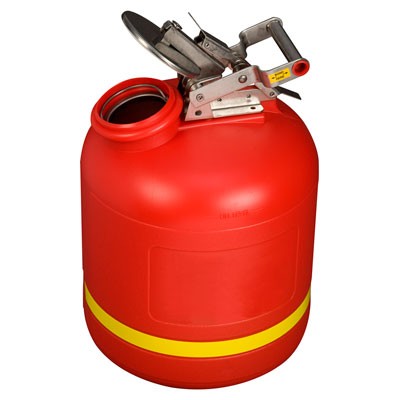Comprehensive Liquid Waste Disposal: Solutions for Houses and Services
Comprehensive Liquid Waste Disposal: Solutions for Houses and Services
Blog Article
Understanding the Comprehensive Process of Fluid Garbage Disposal: Ideal Practices and Environmental Effect Factors To Consider
The administration of fluid garbage disposal is a multifaceted issue that requires a comprehensive understanding of numerous ideal methods and their associated ecological impacts. From the types of fluid waste produced to the approaches utilized for collection, treatment, and final disposal, each step plays a critical function in guarding communities and public health and wellness. As regulative standards develop and technology advances, the conversation around these processes comes to be significantly important. What effects do these changes hold for future sustainability efforts, and exactly how can stakeholders make certain that they are properly addressed?
Sorts Of Fluid Waste
Recognizing the numerous kinds of liquid waste is important for reliable monitoring and disposal techniques. Liquid waste can be extensively classified right into a number of types, each needing special handling and treatment methods.
Industrial liquid waste commonly includes unsafe products, consisting of hefty steels, solvents, and chemicals, generated during producing processes. These wastes require rigorous governing conformity to secure human health and wellness and the setting. Domestic liquid waste mainly describes wastewater generated from families, including sewage and greywater, which, although much less poisonous, can still position significant threats if incorrectly managed.
Agricultural liquid waste, including runoff from ranches, typically contains plant foods and chemicals that can bring about ecological degradation otherwise dealt with adequately. Medical fluid waste, produced from medical care centers, includes polluted liquids such as physical liquids and chemicals, calling for specialized disposal methods to prevent infection and environmental contamination.
Lastly, oil and grease waste, normally generated by dining establishments and vehicle sectors, can trigger extreme clogs in drain systems if not handled properly. Recognizing these categories helps with targeted methods for treatment, compliance with laws, and effective disposal approaches, inevitably promoting environmental sustainability and public health and wellness security.

Collection Techniques
Effective collection techniques are crucial for the proper management of liquid waste, making certain that it is collected safely and effectively before treatment or disposal. Different methods are employed depending on the kind of fluid waste created, the volume, and the particular features of the waste.
One typical approach is using devoted collection tanks or sumps, which are developed to catch liquid waste at the resource. These systems frequently incorporate pumps that help with the transfer of waste to larger storage space containers or therapy centers. Furthermore, mobile collection systems geared up with vacuum technology are employed in situations where waste is generated intermittently or in hard-to-reach places.
For commercial setups, closed-loop systems can successfully minimize spills and leaks, enabling the recuperation and reuse of liquid waste. It is likewise essential to educate employees on proper collection procedures to minimize risks connected with hazardous materials.
Furthermore, implementing regular maintenance schedules for collection devices ensures optimum performance and security. The combination of sophisticated tracking systems can boost collection performance by supplying real-time data on waste levels and prospective hazards. Generally, effective collection techniques are foundational to lasting fluid waste monitoring methods.
Therapy Processes
Therapy processes play an essential role in the monitoring of liquid waste, transforming potentially harmful products right into risk-free effluents or recyclable sources - liquid waste disposal. These procedures can be broadly categorized right into physical, chemical, and organic techniques, each customized to resolve specific contaminants present in the waste stream
Physical treatment approaches, such as sedimentation and filtration, work by removing put on hold solids and particulate issue. These techniques are typically the primary step in the treatment chain, efficiently lowering the load on succeeding processes. Chemical therapies entail making use of reagents to neutralize harmful materials, speed up hefty steels, or oxidize natural toxins, therefore improving the security of the effluent.
Organic therapy procedures, including find activated sludge systems and anaerobic digestion, take you can look here advantage of the natural capacities of bacteria to deteriorate raw material. These techniques are especially effective for wastewater consisting of biodegradable pollutants. Advanced therapy modern technologies, such as membrane layer purification and advanced oxidation procedures, are significantly utilized to accomplish higher degrees of filtration.
Including a combination of these therapy methods not just ensures compliance with regulative criteria however additionally promotes ecological sustainability by recuperating valuable sources from liquid waste.
Disposal Options
Just how can organizations make certain the accountable and risk-free disposal of liquid waste? Reliable disposal options are crucial for safeguarding public health and the setting. The primary methods consist of land treatment, incineration, and disposal adhered to by discharge right into community wastewater systems.
Land disposal includes the careful control of fluid waste in marked land fills, guaranteeing that it does not leach into bordering dirt or water. Incineration, on the other hand, subjects liquid waste to high temperature levels, transforming it into ash and gases, which need correct filtering to minimize emissions. This technique appropriates for unsafe wastes that can not be treated through standard methods.
In situations where fluid waste can be dealt with, organizations might go with chemical or organic treatment procedures to neutralize hazardous parts before releasing the treated effluent right into metropolitan systems. This course normally lines up with governing demands, making certain that the effluent satisfies safety standards.
Ultimately, companies must carry out comprehensive analyses of each disposal choice to determine its practicality, taking into consideration variables such as waste make-up, regulatory conformity, and possible dangers to health and the setting. By choosing suitable disposal techniques, services can contribute to a liable waste management technique.
Ecological Effect
The environmental influence of fluid garbage disposal is a vital consideration for companies seeking to reduce their eco-friendly footprint. Improper disposal approaches can lead to considerable contamination of water resources, soil degradation, and damaging impacts on regional ecosystems. For click to investigate example, unsafe fluids can leach into groundwater, posing threats to alcohol consumption water products and water life. In addition, the discharge of neglected or inadequately dealt with waste into surface area waters can lead to eutrophication, resulting in oxygen deficiency and the succeeding fatality of fish and various other microorganisms.

To reduce these effects, organizations must embrace best methods such as carrying out strenuous waste therapy procedures, advertising recycling and reuse, and adhering to regulatory criteria. By taking a proactive technique to liquid waste administration, entities can considerably lower their environmental footprint while sustaining lasting advancement goals. Eventually, a comprehensive understanding of the ecological impacts related to fluid waste disposal is vital for informed decision-making and accountable stewardship of natural deposits.
Verdict
Efficient monitoring of fluid waste is essential for guarding ecological honesty and public health and wellness. By taking on finest techniques in treatment, disposal, and collection, alongside adherence to governing requirements, the potential for unsafe contamination of environments can be dramatically decreased. Constant advancements in modern technology and procedures contribute to lasting waste management initiatives. Ultimately, a detailed understanding of fluid garbage disposal not only reduces ecological influences yet additionally promotes a commitment to accountable resource monitoring and ecological stewardship.
The administration of liquid waste disposal is a diverse problem that requires a thorough understanding of various ideal techniques and their associated ecological impacts. From the types of liquid waste created to the approaches employed for collection, therapy, and final disposal, each action plays a crucial duty in guarding ecosystems and public health and wellness.The environmental influence of liquid waste disposal is an essential consideration for organizations looking for to minimize their environmental impact. Inevitably, an extensive understanding of the environmental influences connected with liquid waste disposal is vital for educated decision-making and responsible stewardship of natural resources.
Inevitably, a comprehensive understanding of fluid waste disposal not only mitigates ecological impacts however additionally cultivates a commitment to accountable resource administration and environmental stewardship.
Report this page